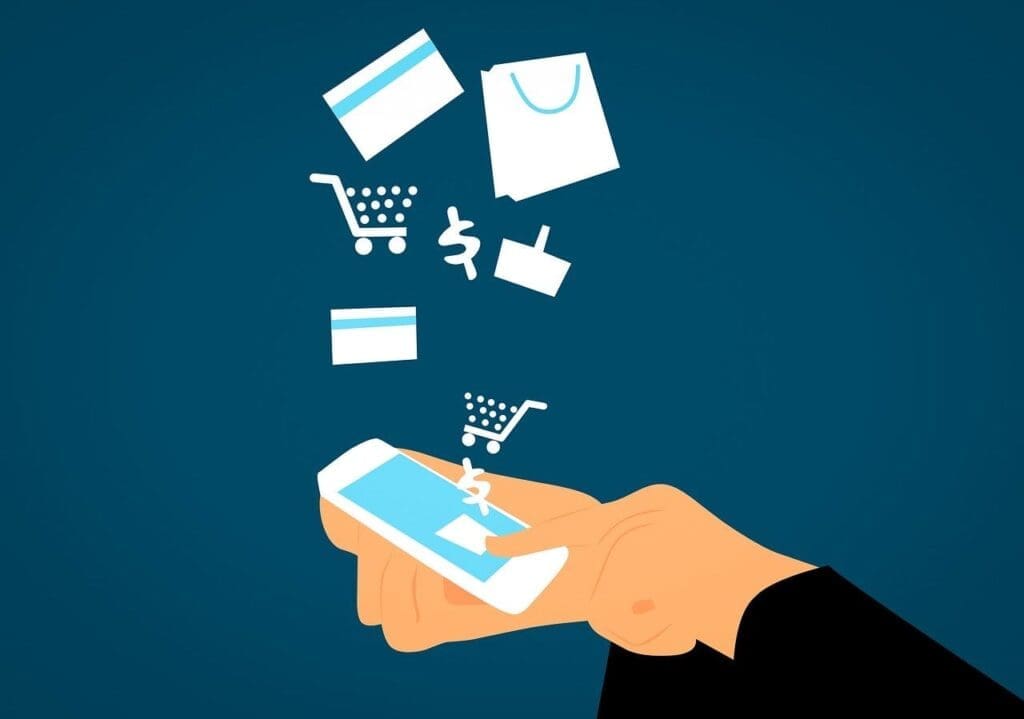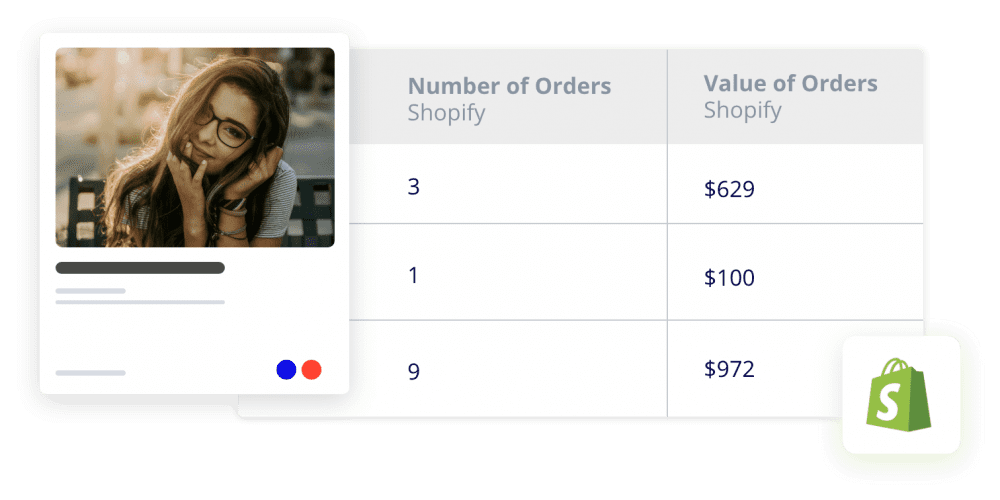Any robust e-commerce marketing strategy relies heavily on data to guide marketers’ decisions about everything from improving newsletter open rate, to which platform to invest in for paid ads. In order to start using data for growth, brands need first to decide what kind of data to collect and then understand how it can be put into practice. Let’s take a look at the key ingredients for a data-driven e-commerce influencer marketing strategy.
Customer demographic data
This type of data tells brands the basic characteristics of their customers. Information about a customer’s location, age and gender can give insights into which segments of the population are within your target audience. Demographic data can be widened to include other information such as marital status, whether they have children, pets or a university degree etc. Generally this data is collected when customers sign-up for a newsletter or create a profile on an e-commerce site. It can also be drawn from surveys and website pop-ups.
By looking at this data, businesses can see what kind of demographics are most represented in their customer base. It allows companies to see how many customers are under 35, and how many are based in the US for example. This information is interesting for two reasons. Firstly, it helps create segmentation within your customer base, allowing for targeted marketing communications based on shared demographics. Secondly, understanding who your target customers are is crucial when choosing influencers who are relevant to your niche and your audience.
Start putting this into practice with these 5 ways to boost marketing with powerful consumer data.
Purchase habits
Understanding purchasing habits is key to identifying high-value customers and brands’ most popular products. e-commerce sites collect information such as a customers’ previous purchases, their highest spend, their average spend, their use of discount codes and purchase of sale items. It’s vital to crunch this data as it helps to identify different groups of customers. It’s possible to segment customers by their habits, such as those who buy high-value items occasionally; those who buy frequently but choose less-expensive products; those who prefer using discount codes and those who have made a one-off purchase. Brands can accelerate growth by tailoring product promotions, marketing emails and even landing pages to align with customers’ spending habits, showing them products which match their budget and taste based on previous purchases.

Strategies for growth
Take your digital marketing strategy further with an injection of data to improve the performance of your email marketing and social media ads. Use customer demographic data to streamline emailings with tailored messages sent to specific segments within your customer base. One great technique is to create email campaigns to promote products based on data trends such as the most popular item among a certain age-group for example. This can also increase the number of returning customers. With insights into purchasing habits, it’s possible to reactivate those who haven’t made a recent purchase by emailing them a discount code as an incentive.
Enhance the audience targeting of social media ads by using the demographic filters to promote ads to a new audience that match the same demographic criteria as your current active customer base. When selecting which products to promote with advertising, purchase data can illuminate which products are most popular, or which selection of products are most often bought together. With knowledge about consumers and their purchasing habits comes the power to hone audience targeting and tailor shopping experiences to generate growth.

Data-driven influencer marketing with Shopify
For e-commerce brands, collecting data on customers’ online social reach can prove invaluable when Shopify merchants are looking to drive growth through influencer marketing. Identifying who your most influential customers are is the first step in leveraging ‘organic influencers’ for your brand. Influencer partnerships are more authentic and longer-lasting when brands reach out to influencers who are genuine customers. Collaborations are also cheaper, as influencers that love your brand are 52% cheaper for paid ads.
Collecting data on your customers’ social reach may reveal some unexpected macro influencers in your customer base (Kim Kardashian has to buy her socks from somewhere right?). However, it’s more likely that you’ll discover a cohort of micro-influencers with a highly engaged audience of like-minded shoppers who will also love your brand! This strategy for influencer identification leverages their organic affinity with your brand and genuine appreciation of your products that result in campaigns with a higher ROI. This is true as identifying and on-boarding influencers that are already in your Shopify customer base is more efficient and uses fewer resources than seeking out influencers that are not familiar with your brand. Organic influencers have the added benefit of real-life experience using your products, making them the best choice for authentic content creators for your brand.

It’s simple to set-up the analysis of your consumers’ social reach and purchase data with Upfluence. Thanks to Upfluence’s Shopify integration, your customers’ purchase data and social reach can be combined all in one platform to identify potential organic influencers for your brand! Brands therefore get direct insights into how their influential customers have been spending with the brand and what their favorite products are, laying the foundation for future collaborations.
What’s more, the Upfluence + Shopify integration helps brands to boost growth by generating and tracking unique affiliate links and voucher codes as part of their influencer campaigns. From influencer identification, to outreach, content creation and performance tracking, your Shopify data is a boon to your e-commerce influencer marketing strategy.
























